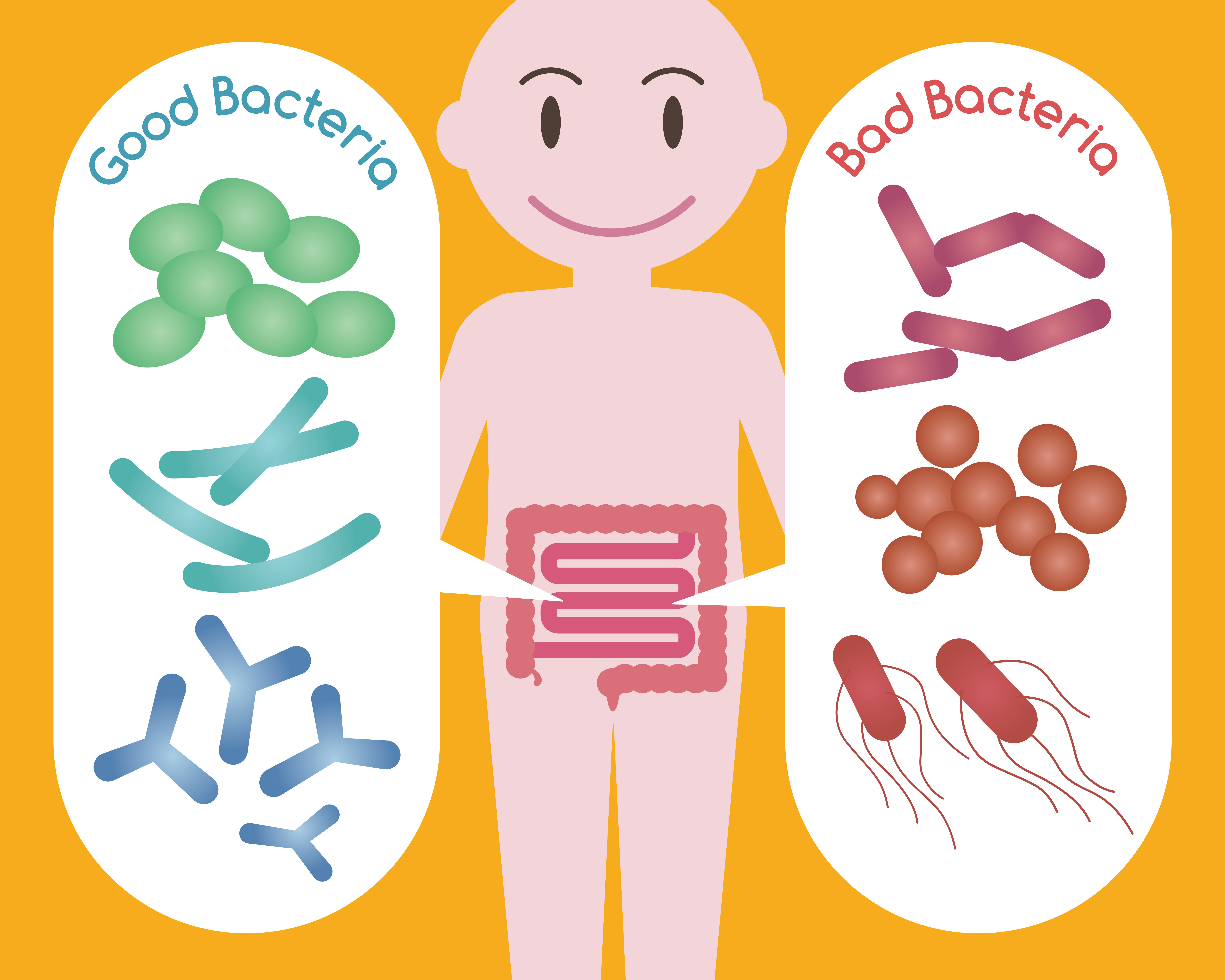Fecal Microbiota Transplantation May Benefit Obese Individuals, But More Studies are Needed, Trial Suggests

The first randomized controlled trial exploring the effect of fecal microbiota transplantation (FMT) as a potential treatment for obese individuals without metabolic disorders did not produce weight loss in treated participants, but it did show encouraging results.
The latest findings were discussed at Digestive Disease Week 2019 in San Diego, in a poster presentation titled “Fecal Microbiota Transplantation for the Treatment of Obesity: a Randomized, Placebo-controlled Pilot Trial” (abstract#621).
Obesity is a complex condition caused by a combination of various genetic and environmental factors. The composition of the gut microbiota — the community of microorganisms that lives in the digestive tract and contributes to its function and health — could also play a role in obesity. Previous studies using mice showed that changes in microbiota content could predispose mice to be lean or obese.
Supported by these findings, previous trials have evaluated the effect FMT in patients with metabolic syndrome. FMT is based on the use of stool from healthy donors to re-populate the gut of a recipient patient with beneficial microorganisms.
This transplantation process has shown potential in reducing insulin resistance. However, the impact of FMT on obese individuals without any metabolic conditions associated with obesity has not been studied.
“In our clinic, we see patients who really don’t have any other medical problems, but just cannot lose weight. It is a very important patient population that we really wanted to give focus to and try to help understand,” Jessica Allegretti, MD, lead author of the study and director of the Fecal Microbiota Transplant Program at Brigham and Women’s Hospital in Boston, said in a press release.
The randomized, controlled Phase 1/2 trial (NCT02741518) assessed the effects of FMT from a lean donor in 22 obese individuals who did not have any health conditions commonly associated with obesity, such as diabetes, liver disease, and metabolic syndrome. For 12 weeks, half the patients took capsules filled with the donor’s fecal matter, and the other half received placebo capsules.
Initial results of the trial showed that FMT was generally well-tolerated by the patients, with no adverse events being reported.
To assess the efficacy of the treatment, the researchers evaluated changes in the level of a hormone called glucagon-like peptide 1, or GLP1, which is associated with the feeling of satiety.
The treatment was found to have no impact on GLP1 levels or weight. However, the researchers noticed that, compared with the placebo-treated patients, the microbiota of treated patients was more similar to that of the lean donor. Patients who received FMT also showed a decrease in a specific type of bile acid.
“The bile acid data is certainly intriguing and suggests that maybe there are one or more different pathways at play,” Allegretti said. “Obesity is a very complex disorder, and a multifactorial process is probably at the heart of its development.”
“FMT from a healthy lean donor in obese patients was safe and led to [the establishment of microorganisms from the donor]; however, dose-finding studies and longer follow up are required,” the researchers stated.
In the future, the team plans to use more sensitive methods of measuring GLP1 levels and to examine the effects of various dosages of fecal matter transplant on patients’ outcomes.
“Our study adds an encouraging first step in trying to understand the role the gut microbiome is playing in metabolically healthy people with obesity,” Allegretti said. “This will hopefully lend itself to more targeted therapies in the future.”




